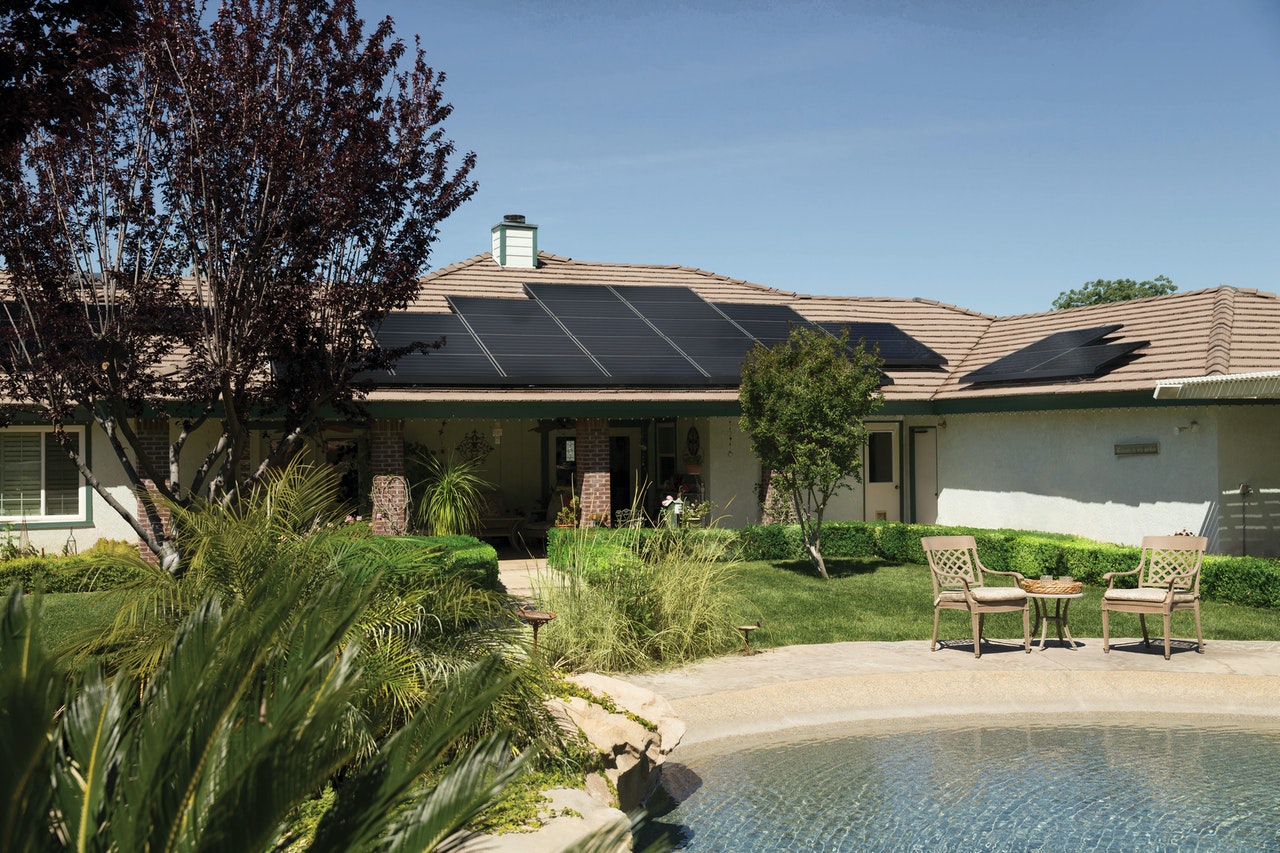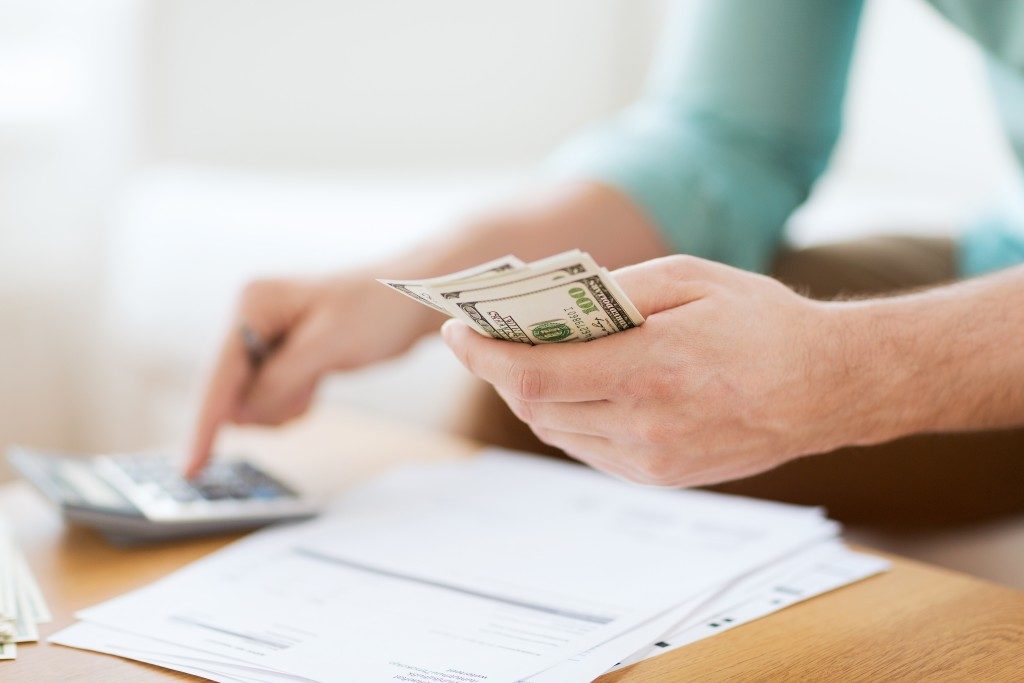Every bill eats up a little of your earnings. Saving money can be difficult with rent, utilities, and petrol costs — but what if you can eliminate them and more with a few prior investments? Live a future without most of the bills you’re paying today by spending your money where it matters.
A Home
Weekly rent for studios or single-bedroom apartments can go as high as $700 a week in urban centers like Sydney, Melbourne, or Brisbane. Buying a home in the suburbs can cost around the same, especially if you find a good mortgage broker. Even upscale real estate development in Melbourne’s western suburbs or Sydney’s Lavender Bay can go for less than $800,000. You’ll also be living in a proper house and won’t be cramped in an apartment.
With a sizable deposit, you should be paying less than $750 a week on your premiums. You can even add your mortgage payments to any housing fringe benefits or salary packaging schemes your company may offer. A house will enable you to start a family with better footing and allow you to retire with little to no worries.
Solar Power

There’s no reason not to get solar power in Australia. The country gets lots of sun and solar costs have dropped to the point of being free. The average Australian home uses 18 kWh of electricity each day. An 8-kW solar power system produces 35 kWh of electricity each day — probably more because of the high concentrations of sunlight in the country. You can get an 8-kW system for around $8,000. If you pay for your panels with a 10-year loan, your monthly premiums should cost less than your monthly electric bills.
Your panels should last until way past your retirement. Most solar companies have guarantees on their systems for the first 25 years of operation, ensuring 80-90 percent performance. Solar power also insulates you from future power price hikes — which should be inevitable, as Australia is pushing green policies that will force power companies to adopt green technology.
An Electric Car
The average driver spends $100-$150 a month on petrol. While electric cars can cost $2,000-$4,000 more than the usual gas-guzzler — you won’t be spending a cent on petrol. Charging an electric vehicle can cost $50-$80 a month (free if you have solar power and excess production). The savings you get on petrol make up for the higher purchase price in around 3-5 years, and you continue saving on petrol for years to come.
You’ll also get a better car. Electric vehicles are faster, quieter, and safer than standard vehicles. You get better handling and acceleration, so you won’t be sacrificing your driving experience. The big urban centers are also set to pass environmental protection laws and air pollution measures. Electric vehicles get a free pass, eliminating the threat of fines from emissions.
Water Tanks
Summer can make water scarce. Using municipal water improperly can bring about hefty fines during restricted seasons — with fines of $220 for individuals and $550 for businesses. Washing your car or watering your garden can be problematic, but only if you’re using municipal water. A water tank or two allows you to store water when it is available, and use it when it is scarce.
You can also connect your tanks to a rainwater gathering system to make them more efficient. Water tanks are quite inexpensive. A 5,000-litre tank only costs around $800-$1,000. If you use one to water your garden and clean your car, it can probably cut $100 per quarter — and help you avoid those hefty fines.
Sun Protection
Skin cancer is among the most common cancers in Australia — and it is preventable. Ultraviolet (UV) radiation from the sun is the primary culprit. Protective clothing is a relatively cheap investment to prevent cancer. A hat should protect your face from sun damage, and long-sleeved shirts and pants should protect the rest of your body. Umbrellas can provide significant amounts of shade.
While less common in big cities like Sydney and Melbourne, umbrellas are becoming quite common during sunny days in Perth and Hobart. While you’re at it, take your car to the shop for UV-filtering film. Sun exposure while driving is a significant source of sun damage — and only your car’s windshield has built-in UV protection
Get rid of the majority of your bills as early as you can. Fewer bills mean more savings. Use the extra cash to secure a better retirement or spend your expendable income to enjoy life.

